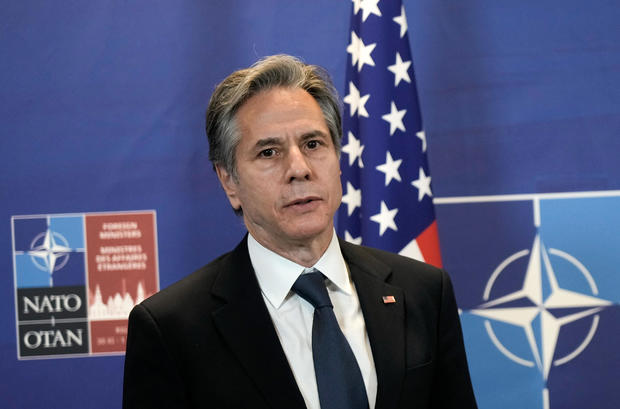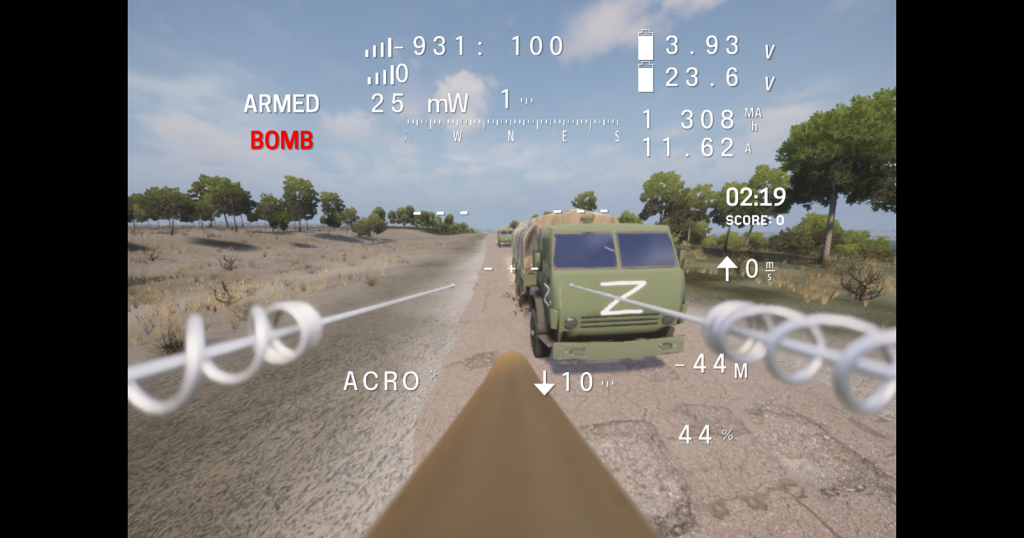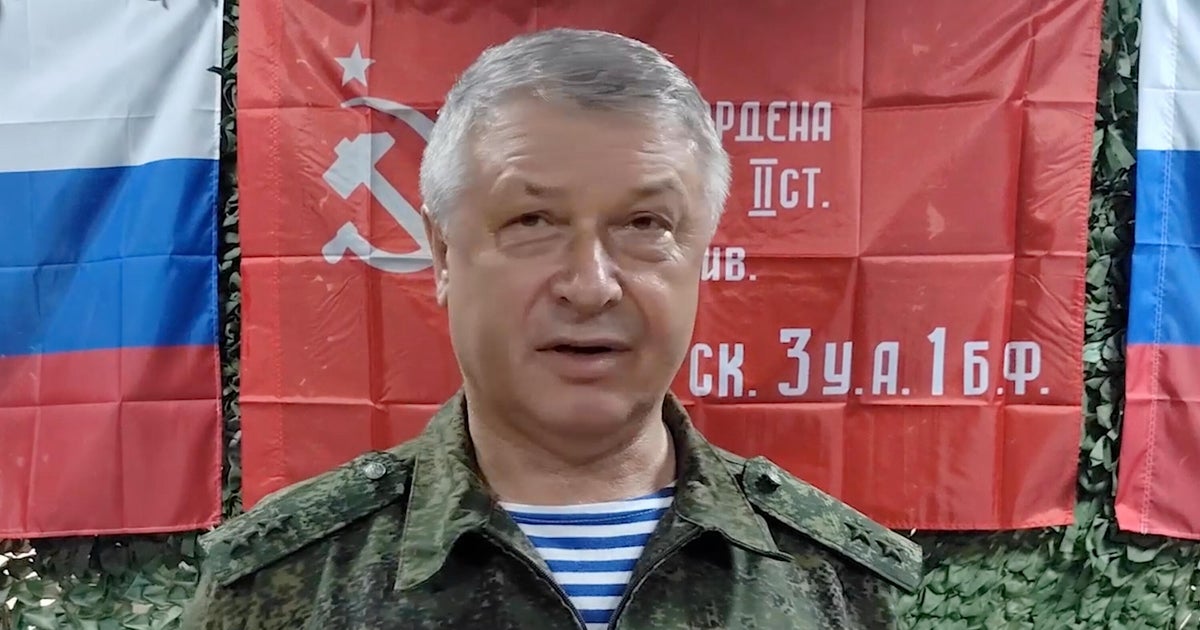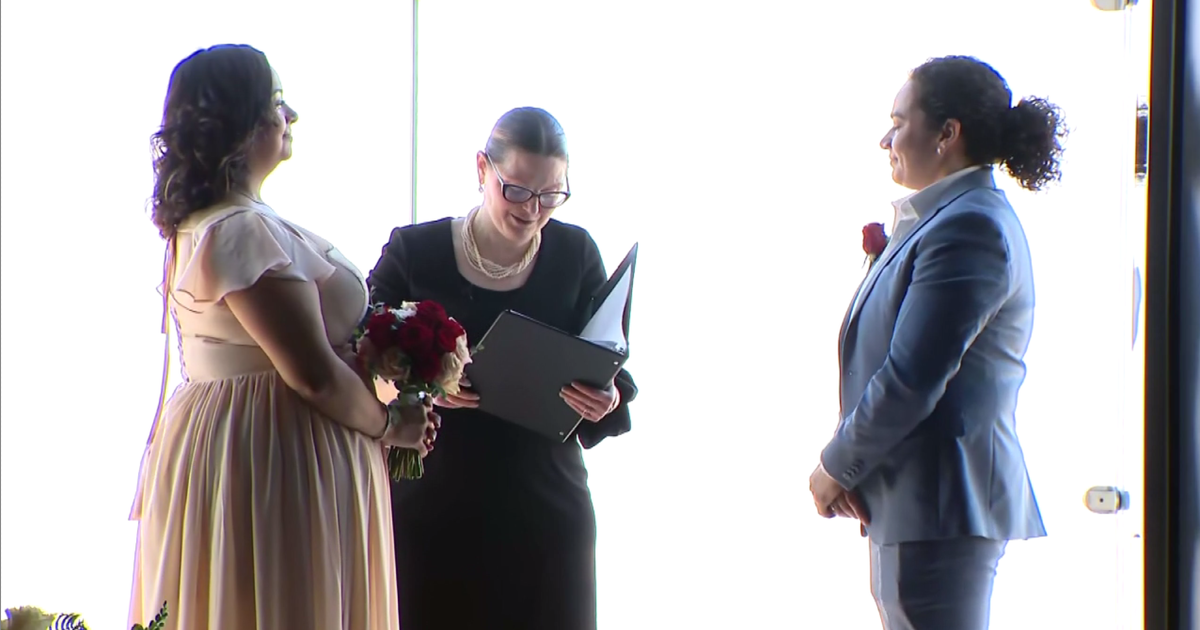U.S. warns renewed Russian aggression in Ukraine will trigger "serious consequences"
Any renewed Russian aggression in Ukraine would trigger "serious consequences," U.S. Secretary of State Antony Blinken said Tuesday during a visit to Latvia, where NATO foreign ministers assembled to discuss the recent buildup of Russian troops near the Ukrainian border. In recent weeks, the U.S. and other officials have been sounding the alarm over Russia amassing troops near its border with Ukraine, concerned that an offensive or an escalation of a seven-year-long conflict in the volatile eastern region of Donbas could be on the horizon.
Blinken called the Russian troop movements "unusual" and added any escalatory actions by Russia would be of "great concern" to the United States.
Russian officials said the reports of a military buildup are baseless and in turn accused NATO of building more of a foothold in what Russia considers its own backyard.
The country's top diplomat, Sergey Lavrov, attacked the alliance for deploying a significant amount of military hardware near Russia's borders and said Moscow could respond to security threats from Western countries and Ukraine if necessary.
"The fact that we are being accused of conducting military exercises on our sovereign territory by the countries that are bringing troops and military equipment to our borders in huge quantities from overseas and the fact that the United States has surrounded us from all sides with their military bases is something every schoolkid knows," Lavrov said Tuesday.
"And yet this hysteria is constantly being whipped up," he added, referring to concerns voiced by Western leaders about military aggression toward Ukraine.
Newly appointed Ukrainian defense minister Alexey Reznikov suggested that the current buildup is "most likely" connected to a possible upcoming virtual meeting between President Biden and Russian President Vladimir Putin, which the Kremlin said is in the works and may happen before the end of the year. On Friday, Mr. Biden told reporters he expected to talk to Putin and Ukrainian President Volodymyr Zelenskyy "in all probability."
Zelenskyy said during a press conference last weekend, "I think we have been in the state of war for the past eight years. But when it comes to a full-fledged [offensive] … I think today some media have been fearmongering on that matter."
Ukraine's head of military intelligence, Kyrylo Budanov, said more than 90,000 Russian troops are deployed in the vicinity of Ukraine, a smaller number compared to similar tensions last spring.
Analysts point out there is little for the Kremlin to gain if an all-out war breaks out, which would sever already fraying ties with the international community.
The escalation is largely seen as a signal that Putin strives to redraw "red lines" when it comes to Ukraine and reshuffle what Russia sees as an outdated European security system.
"NATO's expansion has shaped the politico-military landscape in which we live today," Fedor Lukyanov, chairman of Russia's Council on Foreign and Defense Policy, wrote in an op-ed. "Maintaining such a perspective is fraught with aggravation, and parting with it requires… revision and establishment of a new system of 'red lines.'"
On Tuesday, Putin confirmed he views an expansion of NATO military infrastructure in Ukraine as a line he hopes would not be crossed.
"First and foremost, this is about creating threats for us, that may come from this territory… if there will be missile strike systems in Ukraine, able to reach Moscow within 7-10 minutes, or five minutes if those would be hypersonic missiles, what are we supposed to do?" Putin said, speaking at an investment forum in Moscow.
"We will have to create something similar against those who threaten us in such a way," Putin said.




